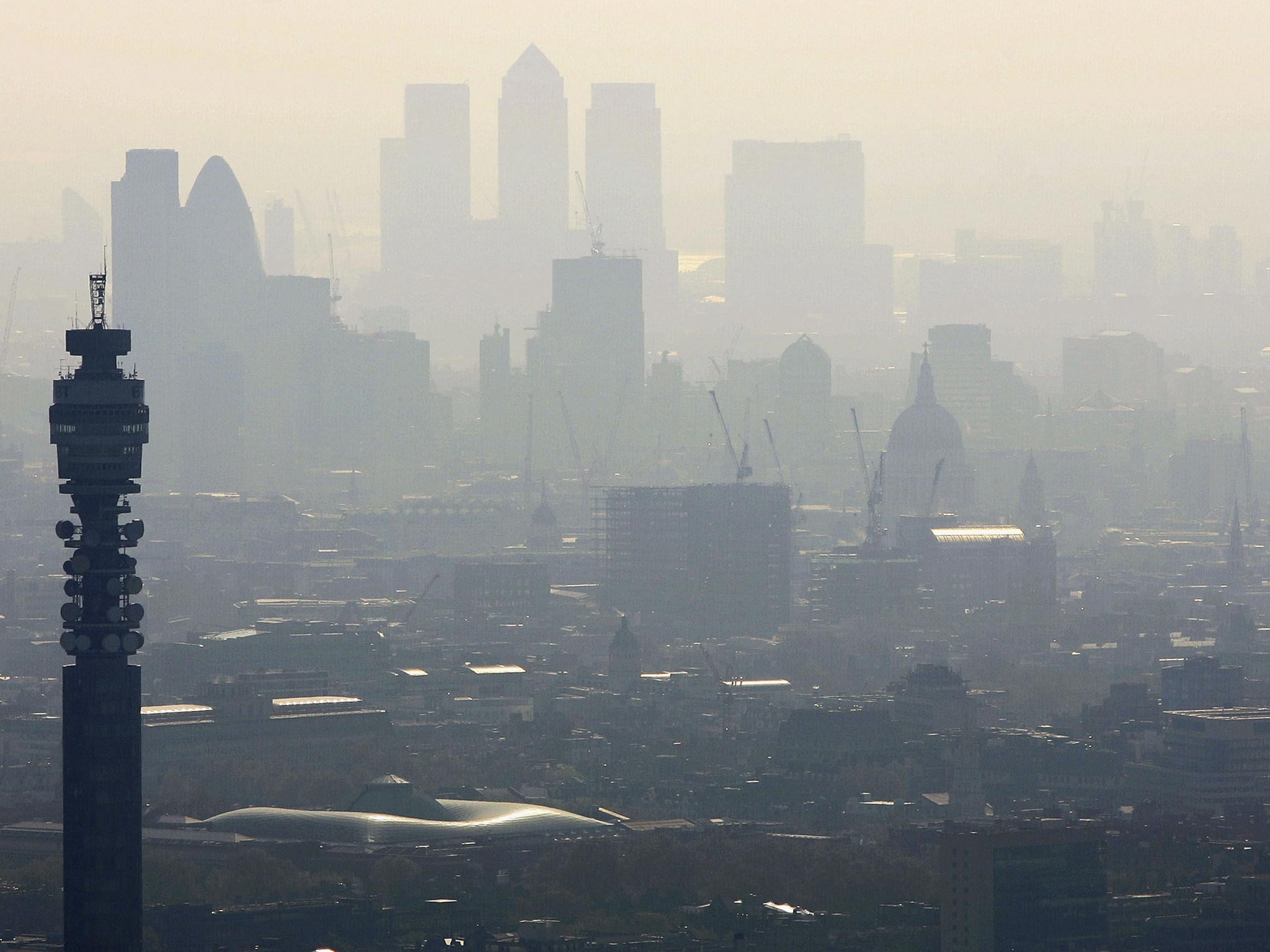Air pollution causes 7 million deaths in a year, report finds
Countries in South-East Asia most affected by deadly fumes
Your support helps us to tell the story
From reproductive rights to climate change to Big Tech, The Independent is on the ground when the story is developing. Whether it's investigating the financials of Elon Musk's pro-Trump PAC or producing our latest documentary, 'The A Word', which shines a light on the American women fighting for reproductive rights, we know how important it is to parse out the facts from the messaging.
At such a critical moment in US history, we need reporters on the ground. Your donation allows us to keep sending journalists to speak to both sides of the story.
The Independent is trusted by Americans across the entire political spectrum. And unlike many other quality news outlets, we choose not to lock Americans out of our reporting and analysis with paywalls. We believe quality journalism should be available to everyone, paid for by those who can afford it.
Your support makes all the difference.What do you think is the world’s largest cause of preventable deaths? Smoking? Poor diet? Blood pressure?
It is air pollution, which led to a staggering 7 million deaths in 2012, according to the World Health Organisation (WHO).
Findings revealed it was the cause of one in eight global deaths, more than doubling previous estimates and confirming pollution as the world’s biggest environmental health risk.
Exposure to fumes both indoors and outside leads to strokes, heart disease, cancer and respiratory illnesses.
The worst toll was in low and middle-income countries in South-East Asia and the Western Pacific, with a total of 3.3 million deaths linked to indoor fumes and 2.6 million more from outdoors.

“The risks from air pollution are now far greater than previously thought or understood, particularly for heart disease and strokes,” said Dr Maria Neira, director of WHO’s Department for Public Health, Environmental and Social Determinants of Health.
“Few risks have a greater impact on global health today than air pollution; the evidence signals the need for concerted action to clean up the air we all breathe.”
The new estimates are not only based on more knowledge about the diseases, but also on better assessment of exposure with improved measurements and technology.
Dr Flavia Bustreo, WHO’s assistant director-general for family health, said poor women and children pay the price of living in badly-ventilated homes.
“Cleaning up the air we breathe prevents noncommunicable diseases as well as reduces disease risks among women and vulnerable groups, including children and the elderly,” she added.
“Poor women and children pay a heavy price from indoor air pollution since they spend more time at home breathing in smoke and soot from leaky coal and wood cook stoves.”

Causes of indoor pollution, which killed an estimated 4.3 million in 2012, include burning coal, wood and dung and WHO is introducing fuel guidelines.
The organisation is also lobbying to tackle outdoor emissions by cracking down on “unsustainable policies” in industry and transport.
Britain has failed to meet clean air targets set by the European Union, prompting legal action by the European Commission in February.
A spokesman from the Department for Environment, Food and Rural Affairs said air quality had “improved significantly in recent decades” but meeting nitrogen dioxide limits near busy roads had been a challenge.
He said 21 other member states reported their emissions did not comply with the annual mean target for 2012 but it was “investing heavily in transport measures to improve air quality around busy roads”.
Global outdoor air pollution-caused deaths – breakdown by disease:
• 40% – ischaemic heart disease
• 40% – stroke
• 11% – chronic obstructive pulmonary disease (COPD)
• 6% - lung cancer
• 3% – acute lower respiratory infections in children
Indoor air pollution-caused deaths – breakdown by disease:
• 34% - stroke
• 26% - ischaemic heart disease
• 22% - COPD
• 12% - acute lower respiratory infections in children
• 6% - lung cancer
Source: WHO
Join our commenting forum
Join thought-provoking conversations, follow other Independent readers and see their replies
0Comments